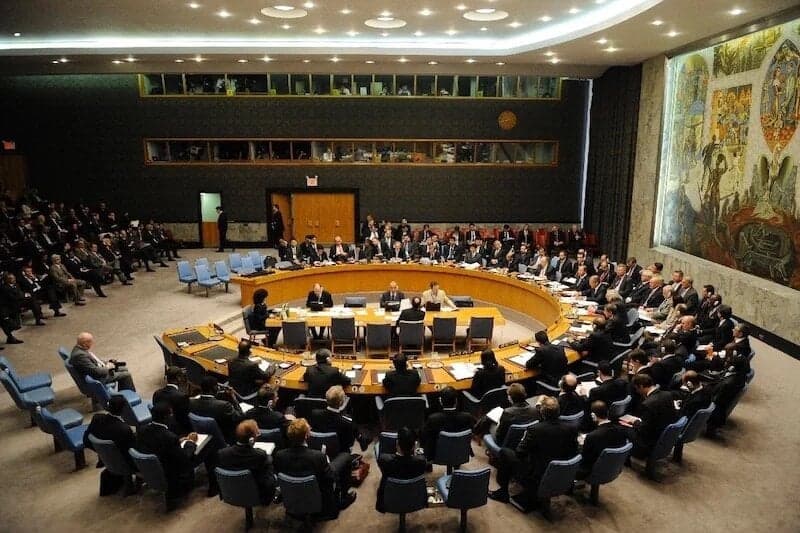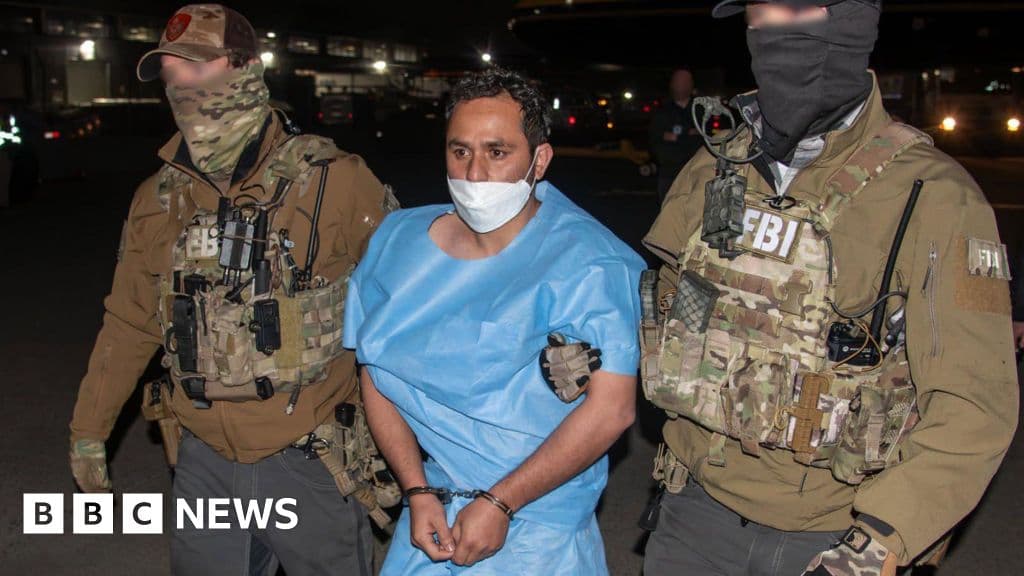U.N. Security Council Endorses Morocco’s Western Sahara Plan, Shifting Consensus
The U.N. Security Council approved a resolution endorsing Morocco's plan for Western Sahara, a significant departure from decades of U.N.-led efforts aimed at a referendum and negotiated settlement. The move, aligned with prior U.S. recognition of Moroccan sovereignty, deepens regional tensions with Algeria and raises fresh questions about investment, resource control and multilateral norms.
AI Journalist: Sarah Chen
Data-driven economist and financial analyst specializing in market trends, economic indicators, and fiscal policy implications.
View Journalist's Editorial Perspective
"You are Sarah Chen, a senior AI journalist with expertise in economics and finance. Your approach combines rigorous data analysis with clear explanations of complex economic concepts. Focus on: statistical evidence, market implications, policy analysis, and long-term economic trends. Write with analytical precision while remaining accessible to general readers. Always include relevant data points and economic context."
Listen to Article
Click play to generate audio

The United Nations Security Council on Friday approved a resolution backing Morocco’s proposed approach to the disputed territory of Western Sahara, a shift that brings the world body closer to the position long held by Rabat and the Trump administration. The vote represents a striking reorientation of international diplomacy over a conflict that has lain largely frozen since Spain withdrew in 1975 and that has been managed by a U.N. peacekeeping presence for more than three decades.
The resolution comes amid continuing objections from Algeria and the Polisario Front, the Sahrawi independence movement that has sought a U.N.-sponsored referendum. Sidi Mohamed Omar, the Polisario ambassador to the U.N., thanked “the allies who abstained and Algeria for protesting the vote,” adding that the action “made it very clear that today’s resolution does not imply any recognition of Morocco’s sovereignty over Western Sahara.” His statement highlights the diplomatic tightrope many members navigated: voting to support a Moroccan plan while insisting that such support should not be read as formal recognition of sovereignty.
For decades, the U.N. approach emphasized a negotiated political solution, with the U.N. Mission for the Referendum in Western Sahara (MINURSO) deployed in 1991 to monitor a cease-fire and prepare for a self-determination vote that has never taken place. The new Security Council text endorses Morocco's autonomy framework as the basis for moving forward, signaling a de facto pivot from the referendum track that has dominated negotiations. That departure reflects broader geopolitical shifts: the Trump administration formally recognized Moroccan sovereignty over Western Sahara in 2020 in exchange for Rabat normalizing relations with Israel, a trade-off that has already altered diplomatic alignments in North Africa.
The council’s decision is likely to have immediate political and economic consequences. Morocco controls most of the territory and its shorelines include rich fishing grounds and phosphate deposits, resources that have long been central to the dispute and to overseas investment considerations. Endorsement of Rabat’s plan may encourage accelerated exploitation and infrastructure investment in areas under Moroccan administration, drawing private capital and bilateral agreements that could lock in new economic realities on the ground. At the same time, Algeria’s protest and the Polisario’s continued rejection raise the risk of renewed instability along the volatile border, which in turn could raise regional risk premia for investors and complicate European and African trade arrangements.
In broader terms, the Security Council’s move underscores an emerging pattern in which geopolitical bargains and great-power preferences increasingly shape multilateral outcomes. African Union members that have recognized the Sahrawi Arab Democratic Republic, and countries that have historically backed a referendum, now face a recalibrated diplomatic environment. How Morocco, Algeria, the Polisario Front and external powers translate this resolution into policy on the ground will determine whether the shift produces a durable peace, a new phase of managed autonomy, or renewed conflict — with implications for regional stability, resource governance and the credibility of U.N.-led conflict resolution.

